One of the most important parts of your mobile phone is the SIM card, as it holds the data that identifies you on the network. However, like any piece of technology, it can sometimes have problems. So, can a SIM card go bad on an iPhone? In short, yes.
This article explores the lifespan of a SIM card, signs of potential failure, causes of damage, and steps to take if you suspect your SIM card is damaged.
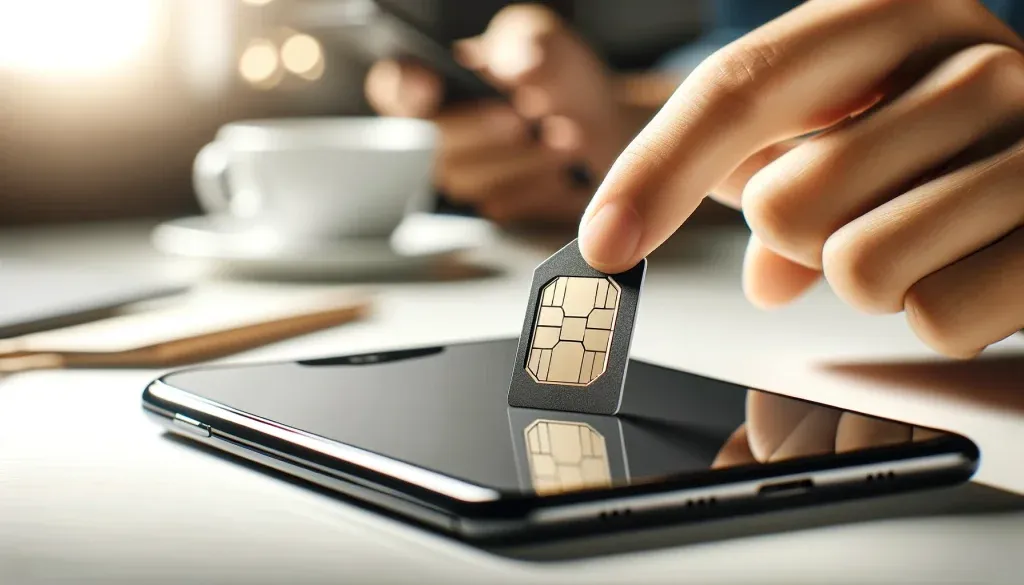
How Long Do SIM Cards Last?
SIM cards are designed to be tough and durable, but that doesn’t mean they are indestructible. Typically, it can last for five to ten years. However, many factors affect its durability, including how often you switch it between devices, where you store it, and how you handle it.
Do SIM Cards Go Bad?
Yes, as we have mentioned, SIM cards can break down. While they are designed to handle regular use, they can still wear out over time, which may cause problems connecting your phone to the network.
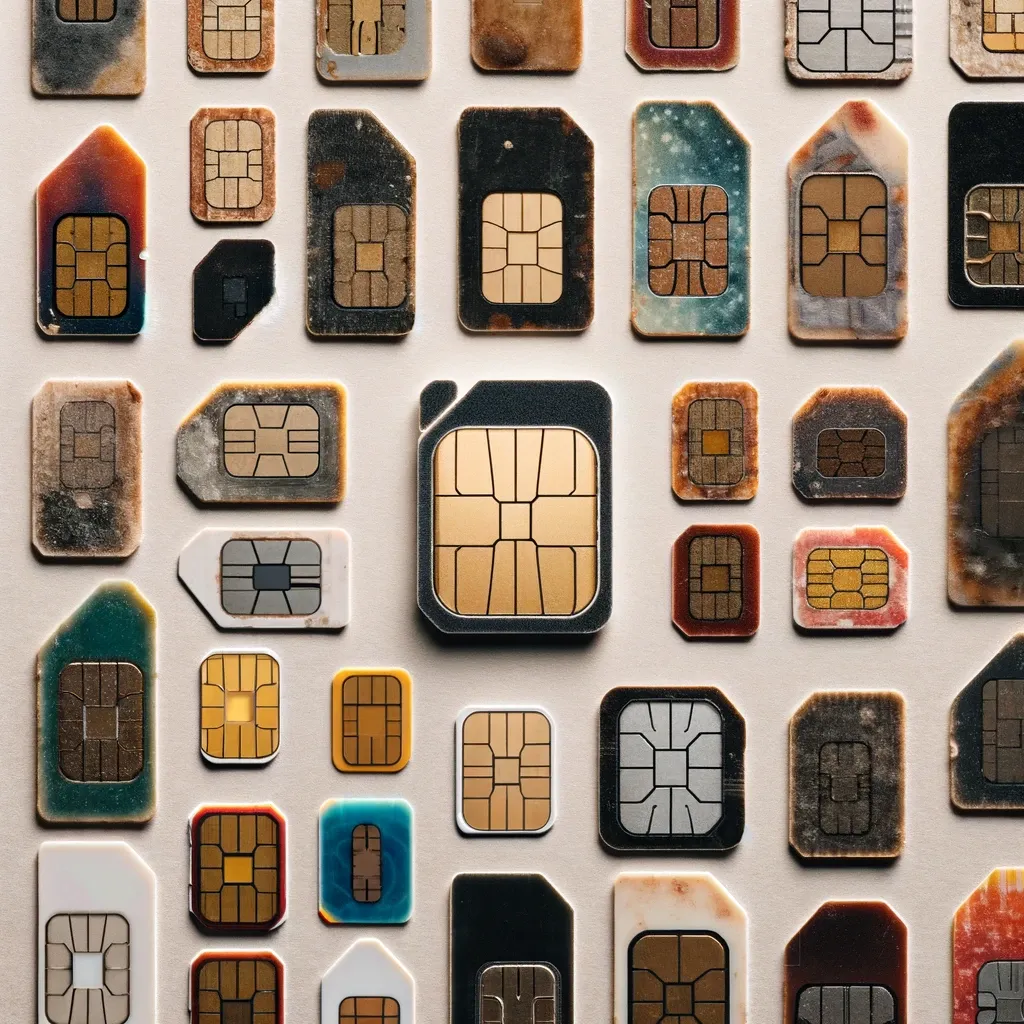
Common Causes of SIM Card Failures
Why did your SIM card suddenly stop working? A SIM can stop working for many reasons. Here are some common causes:
- Physical Damage: Dropping the phone or mishandling the card can cause physical damage.
- Wear and Tear: SIMs can wear out over time, especially when often changed from one phone to another.
- Weather Exposures: Water, extreme heat, or dust can damage cards.
- Water Damage: Water can be particularly harmful to SIM chips. If your phone gets wet, take out the SIM right away and let it dry completely before putting it back.
- Static Electricity: Static discharge can damage your card.
- Other Factors: Dust and software issues can also affect performance.
Symptoms of a Bad SIM Card
It’s important to recognize the symptoms to keep your phone working properly. Some common signs include:
- Frequent Network Drops: If your phone often shows no network signal, you might have a faulty card.
- Unable to Connect to the Network: A damaged SIM chip can mean that the phone cannot connect to your network provider’s network.
- Error Messages: You might receive messages stating “No SIM,” “SIM not detected,” or “SIM error.”
- Poor Performance: Sometimes, a faulty SIM card can cause your phone to operate slowly.
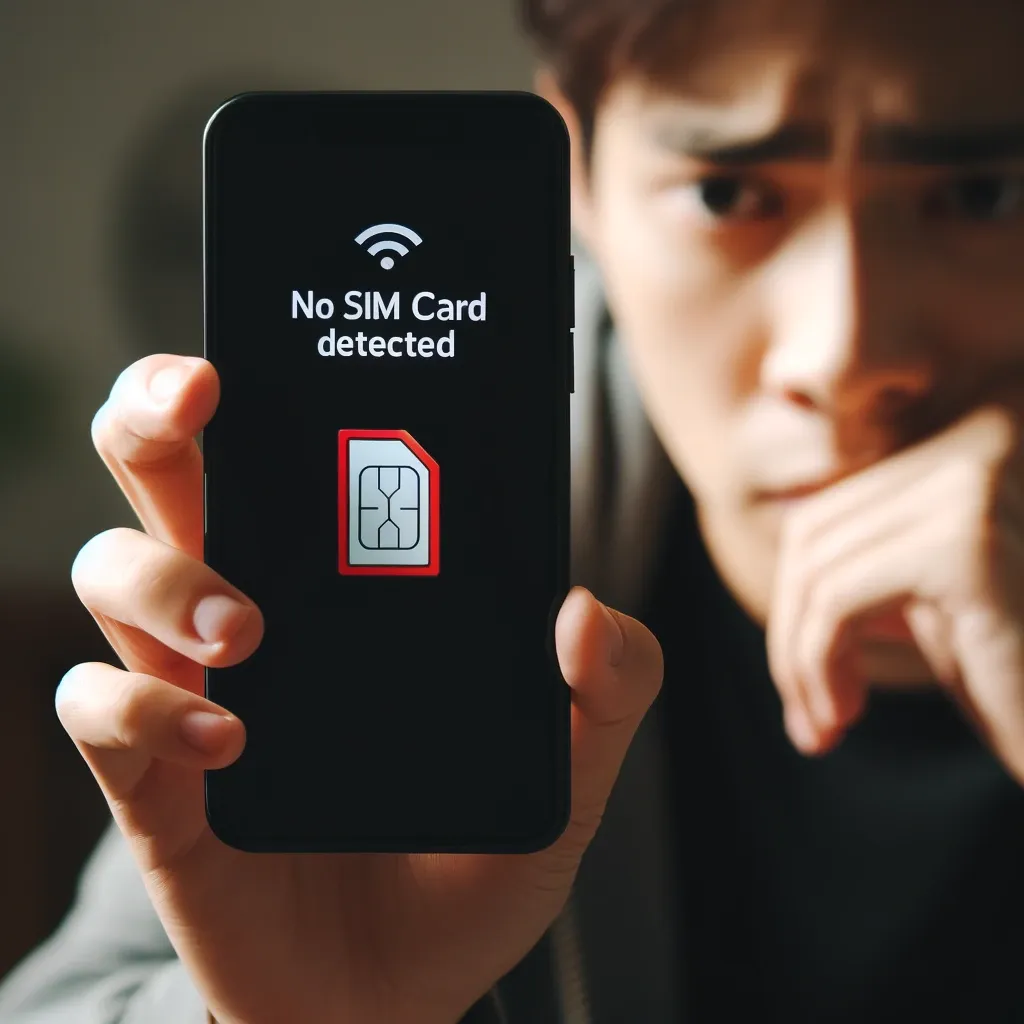
How to Tell if a SIM Card is Damaged?
What if your SIM card gets damaged? Here are a few steps to diagnose the problem:
- Check the SIM Card: Remove the SIM from your phone and see if there are any seeable signs of scratches or rust.
- Test on Another Device: Try inserting the card into another device. If the problem persists, the card is likely at fault.
- Try a Different Card: Insert a different card into your phone. If the phone works fine with another card, the original is likely damaged.
By following these steps, you can figure out if your card is the issue and take action to resolve it.
How to Fix a Bad SIM Card? Solutions and Troubleshooting
Here are some steps to fix common issues:
- Clean Your SIM Card: Gently clean it with a soft, dry cloth. Remove any dust, dirt, or debris that might be causing connection problems. Make sure it’s completely dry before reinserting it.
- Replace the Damaged SIM Card: If the card is physically damaged, have it replaced by your mobile carrier.
- Reset Network Settings: Go to your device’s settings and reset the network settings. This can fix connectivity issues caused by incorrect settings. Note that this will remove saved Wi-Fi passwords and other network settings.
- Use a SIM Card Reader: Use a card reader and specialized software to recover data from a malfunctioning card. This can help retrieve important contacts and information.
- Contact Your Mobile Carrier: If the above steps don’t resolve the issue, contact your mobile carrier for further assistance. They can perform remote diagnostics and provide additional support or a replacement if needed.
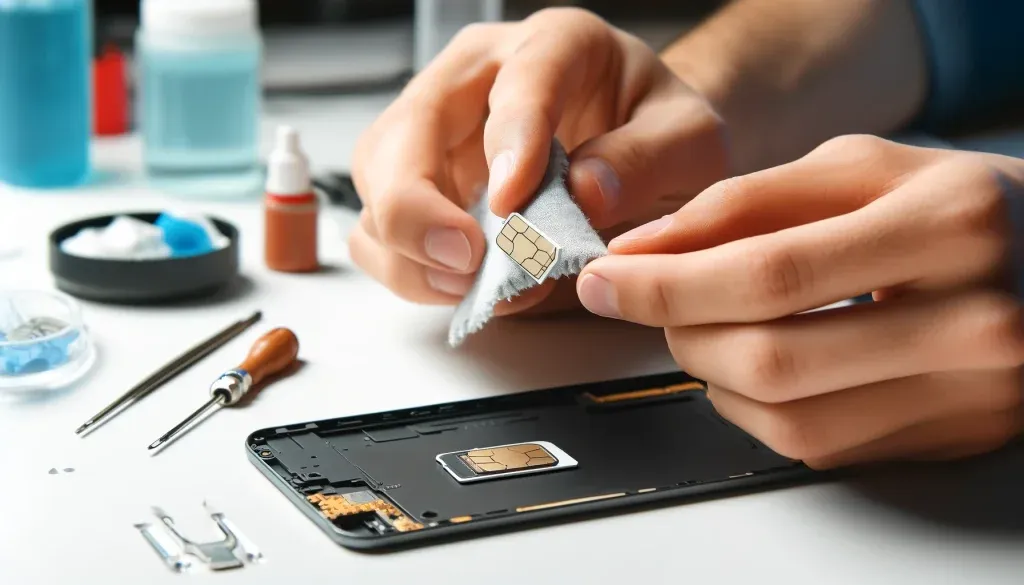
Preventive Measures to Protect Your SIM Card
Follow these preventive measures to extend the life of your SIM card and maintain optimal device performance:
- Avoid Exposure to Water and Liquids: Keep your device away from water or any liquids to prevent corrosion and damage.
- Protect from Excessive Heat: Avoid leaving your phone in hot places like cars on sunny days or near heat sources, as excessive heat can deform or melt the card.
- Handle with Care: Be gentle when inserting or removing your card to avoid bending or cracking it.
- Prevent Static Electricity Damage: Before handling your card, touch a metal object to discharge any static electricity from your body.
- Regular Cleaning: Clean your card regularly and the slot with a soft, dry cloth to remove dust and debris.
- Keep Software Updated: Ensure your device’s software is up-to-date to prevent software-related issues that could affect functionality.
Is There a Better Alternative to Traditional SIM Cards?
Yes, eSIMs (embedded SIMs) are a fantastic upgrade from traditional SIM cards, offering more convenience, security, and flexibility. Unlike traditional SIM cards, eSIMs are built directly into devices, so there’s no risk of losing or damaging them. This also makes them more secure because they are less prone to physical damage and tampering. Plus, eSIMs are better for the environment as they reduce plastic waste from traditional cards.
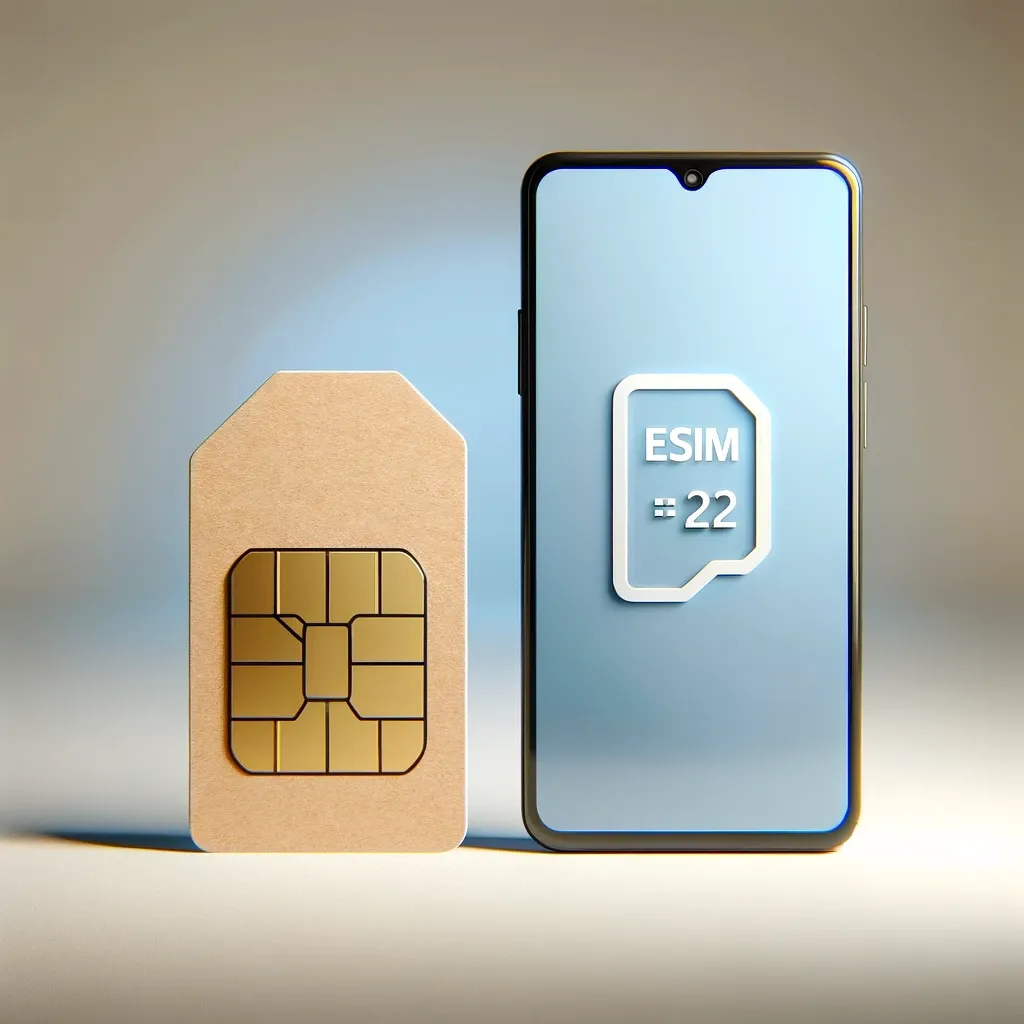
Activating an eSIM is incredibly simple and can be done remotely via software, making it easy to set up new service plans. With many modern devices, including iPhones, now supporting eSIM technology, it’s clear that eSIMs are the future of mobile connectivity. Why not switch to an eSIM provider like Yoho Mobile for quality and affordable mobile services? Make the smart choice today and future-proof your mobile experience with Yoho Mobile.
FAQs
How often should a SIM card be replaced?
SIM cards are designed to last many years. However, you may need a new one if you experience connection problems or if the card gets damaged. For more information, you can read this article.
New SIM Card Not Working? Troubleshooting Tips
Getting a new SIM card can be exciting, but what if it doesn’t work? There can be several reasons for this:
- Turning-on Delay: There may be a turning-on delay for new mobile chips.
- Wrong Setup: Make sure you install the card correctly.
- Network Provider Problems: There could be an issue with your network provider’s network.
Can a damaged SIM card damage your phone?
A damaged SIM card may not harm your phone, but it can cause signal problems and affect your phone’s performance.
Can a bad SIM card cause no service?
Yes, a broken SIM card can prevent the phone from connecting to the network, resulting in no service.
How to clean a SIM card?
You can clean a SIM card with a soft, dry cloth. Avoid using water or cleaning agents as they might cause damage.
What to do if my phone is not reading the SIM card or detecting it?
If your phone can’t read the SIM card, try rebooting your phone, reinserting the card, or testing it on another device.
How can I tell if my SIM card has expired?
If you suspect your SIM card has expired, ask your network provider to check. They can verify and replace it for you if necessary.
